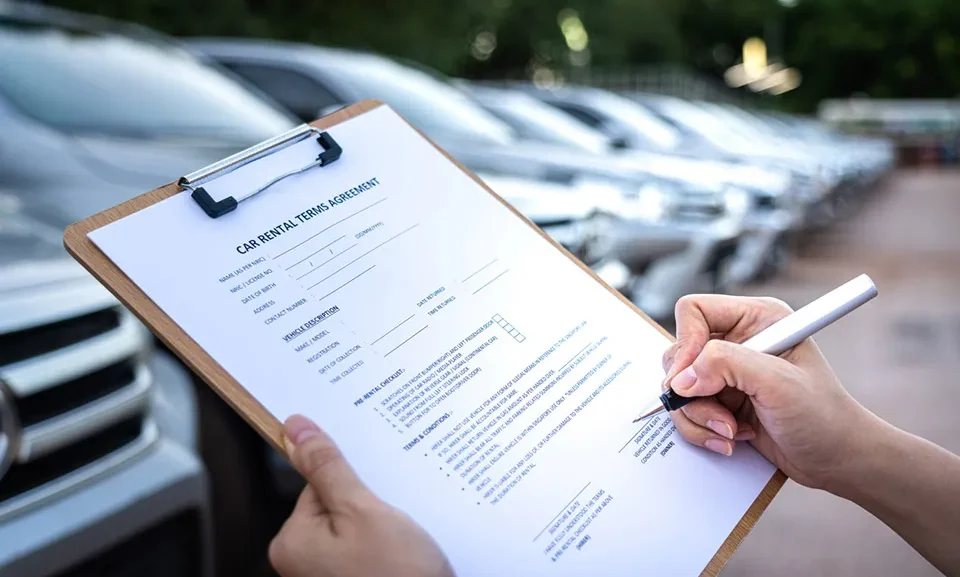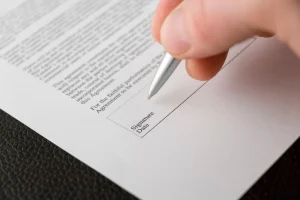Who issues proof of ownership in Nigeria? Do you have a property and want to get proof of ownership for it? Would you like to know the agency or agencies responsible for this? We will guide you on this.
First, what is proof of ownership? Proof of ownership is an important legal document that affirms an individual’s or entity’s rights over property or assets.
In Nigeria, the issuance of such documentation varies. This variation depends on the type of asset. However, it is generally governed by statutory bodies and government agencies.
For clarity, let’s explore how and who issues proof of ownership for different categories of property in Nigeria.
Who Issues Proof of Ownership in Nigeria and How?
1. Land and Real Estate
Proof of ownership for land and real estate in Nigeria is typically established through the issuance of a Certificate of Occupancy (C of O).
The C of O is the primary document that confirms legal ownership of land, and it is granted by the state government where the land is located.
In Nigeria, land is vested in the government, and individuals or entities can only hold a leasehold title (usually for 99 years). Who issues proof of ownership in Nigeria in this case? Here are the major stakeholders involved:
- State Governors: The 1978 Land Use Act vests the ownership of all land in Nigeria in the state governors. It is the governor’s responsibility to issue the Certificate of Occupancy to confirm ownership for new landholders.
- Ministries of Lands and Housing: These government departments oversee the processing and issuance of land titles on behalf of the state government. They are responsible for verifying claims and ensuring compliance with land regulations before issuing a C of O.
- Deed of Assignment and Governor’s Consent: For secondary transfers of land (resales), proof of ownership is typically transferred through a Deed of Assignment, which must be approved by the state governor through what is known as the Governor’s Consent.
2. Vehicles
For vehicles, proof of ownership is established through the issuance of a Vehicle Registration Certificate and a Proof of Ownership Certificate (POC).
The body responsible for these documents is the Federal Road Safety Corps (FRSC) in conjunction with the State Vehicle Inspection Offices (VIO). The process typically includes:
- Vehicle Inspection: Before a vehicle is registered, it undergoes an inspection to ensure roadworthiness, after which the VIO issues a roadworthiness certificate.
- Vehicle Registration Certificate (VRC): This is the primary document proving the ownership of a vehicle. It is issued once the vehicle’s particulars are properly documented with the VIO.
- Proof of Ownership Certificate (POC): This is an additional document that clearly states the vehicle owner’s name and address. It is typically issued after the vehicle has been registered with the FRSC.
3. Shares and Investments
Ownership of shares in Nigerian companies is proven through share certificates issued by the company in which the shares are held or the Central Securities Clearing System (CSCS), which acts as a central depository for securities.
Who issues proof of ownership in Nigeria in this case? The key institutions involved in this process are:
- Stockbroking Firms: When shares are purchased, they are registered in the purchaser’s name, and the stockbroking firm facilitates the issuance of share certificates.
- Companies: Nigerian companies issue share certificates directly to shareholders to confirm their ownership in the company.
- Central Securities Clearing System (CSCS): CSCS provides a more centralized and digital proof of shares ownership through electronic statements of accounts and confirmation of securities.
4. Intellectual Property
In the case of intellectual property such as trademarks, patents, and copyrights, proof of ownership is issued by the Nigerian Copyright Commission (NCC) or the Trademarks, Patents, and Designs Registry under the Federal Ministry of Industry, Trade and Investment.
- Trademarks and Patents: These are registered with the Trademarks, Patents, and Designs Registry, and upon successful registration, the owner is issued a certificate confirming ownership.
- Copyrights: For creative works, the Nigerian Copyright Commission is responsible for issuing certificates of registration, confirming the ownership rights of creators over their work.
5. Movable Assets
For movable assets such as electronics, machinery, and other valuable personal property, proof of ownership may come in the form of receipts or invoices from authorized sellers or manufacturers.
Although these documents are often less formalized than land or vehicle titles, they still serve as proof of ownership in many legal contexts.
6. Commercial Transactions and Collateral
In Nigeria, movable assets can be registered as collateral for loans through the National Collateral Registry (NCR), a project managed by the Central Bank of Nigeria (CBN).
Upon registration, a Security Interest Certificate is issued, serving as proof of ownership for both the lender and the borrower.
Who issues proof of ownership in Nigeria? Whether it’s land, vehicles, shares, or intellectual property, the issuance of ownership documents is important to affirming legal rights and ensuring that ownership disputes are minimized.
From state governors for land titles to federal agencies for vehicle registration, Nigeria’s legal framework for ownership documentation is robust, reflecting the importance of these processes in safeguarding property rights across the country.




